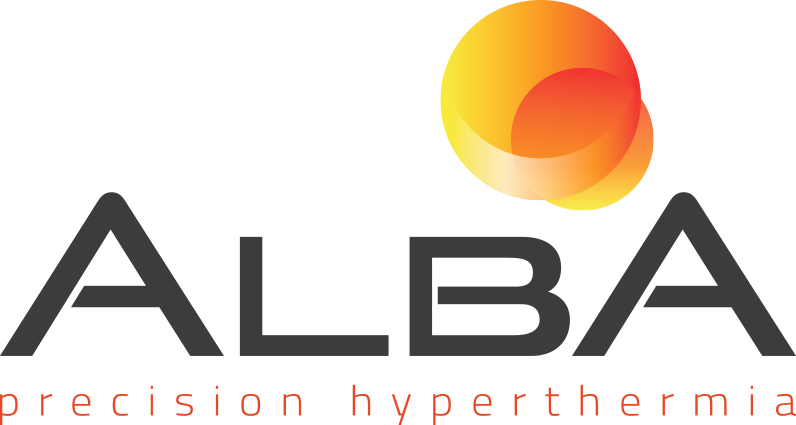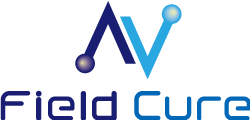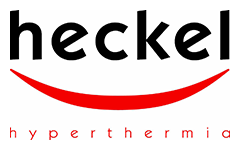

10(Wed) - 13(Sat)
September, 2025
Maria Hall, College of Medicine, The Catholic University of Korea
Invited Speakers
Topic: Hyperthermia & Chemotherapy Hyperthermia+ Radiation updates
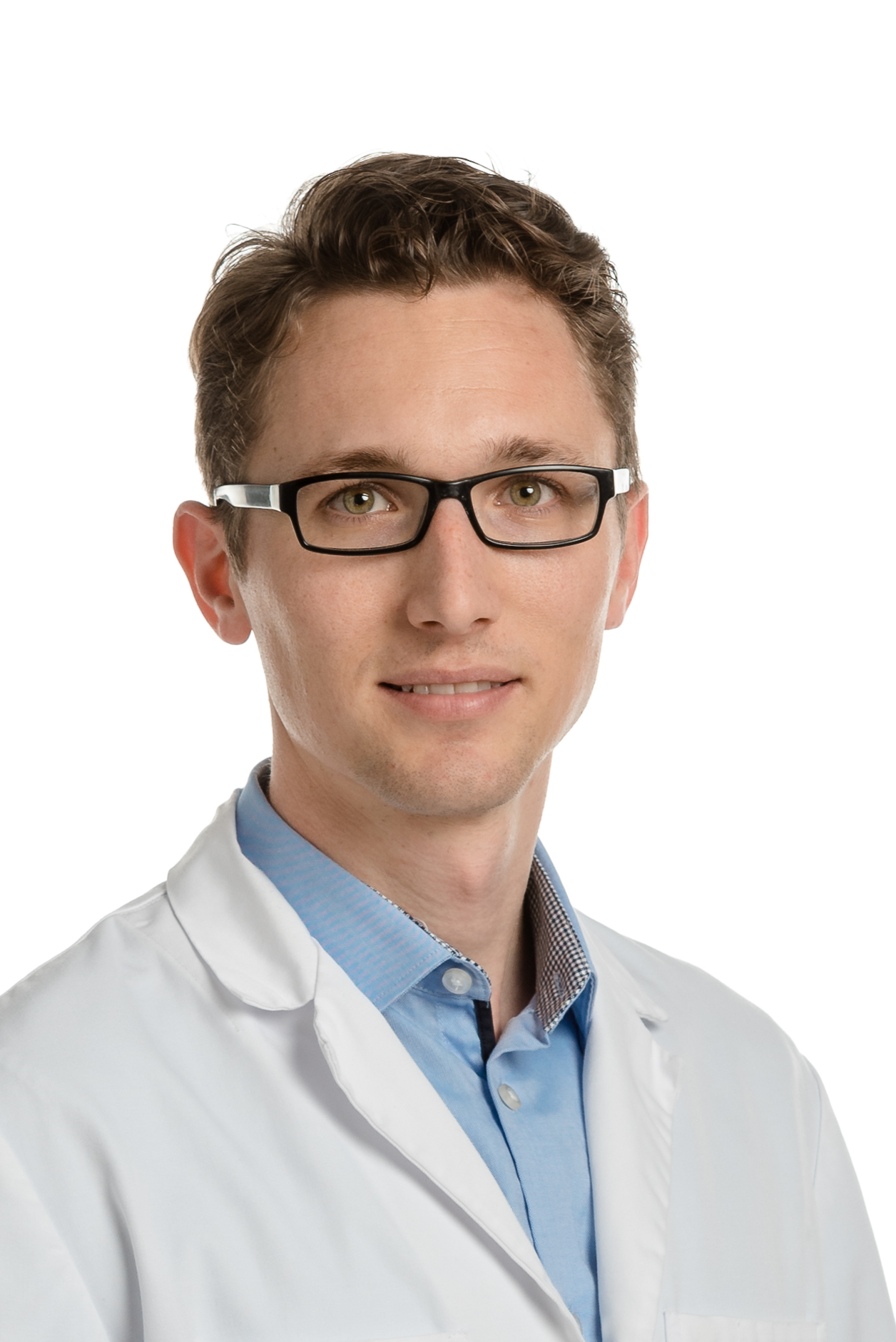
Emanuel Stutz (Clinical HT)
Inselspital Bern, University Hospital
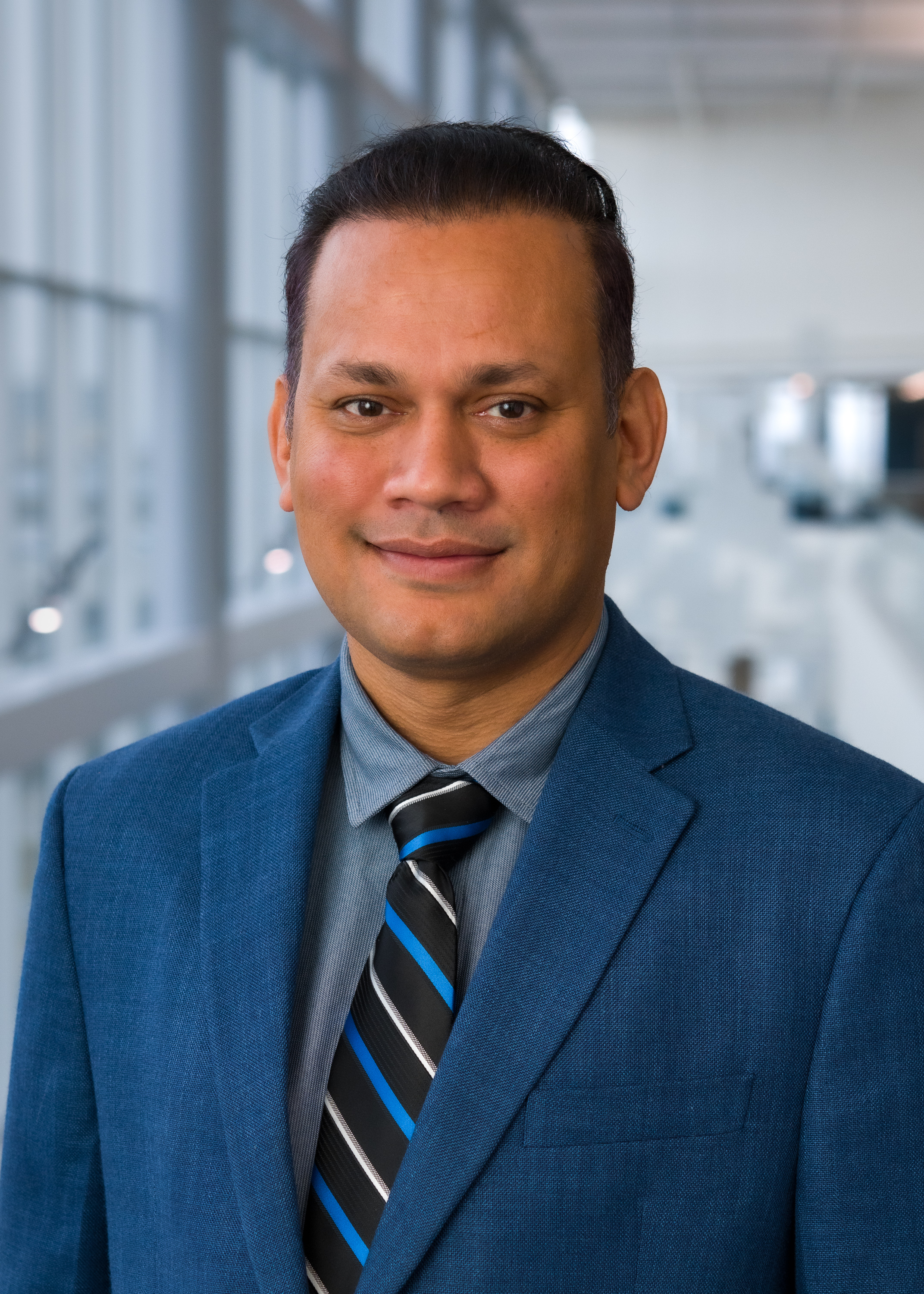
Ashish Ranjan (Clinical HT)
UT SouthwesternT
Topic: Hyperthermia & Chemotherapy Hyperthermia+ Radiation updates
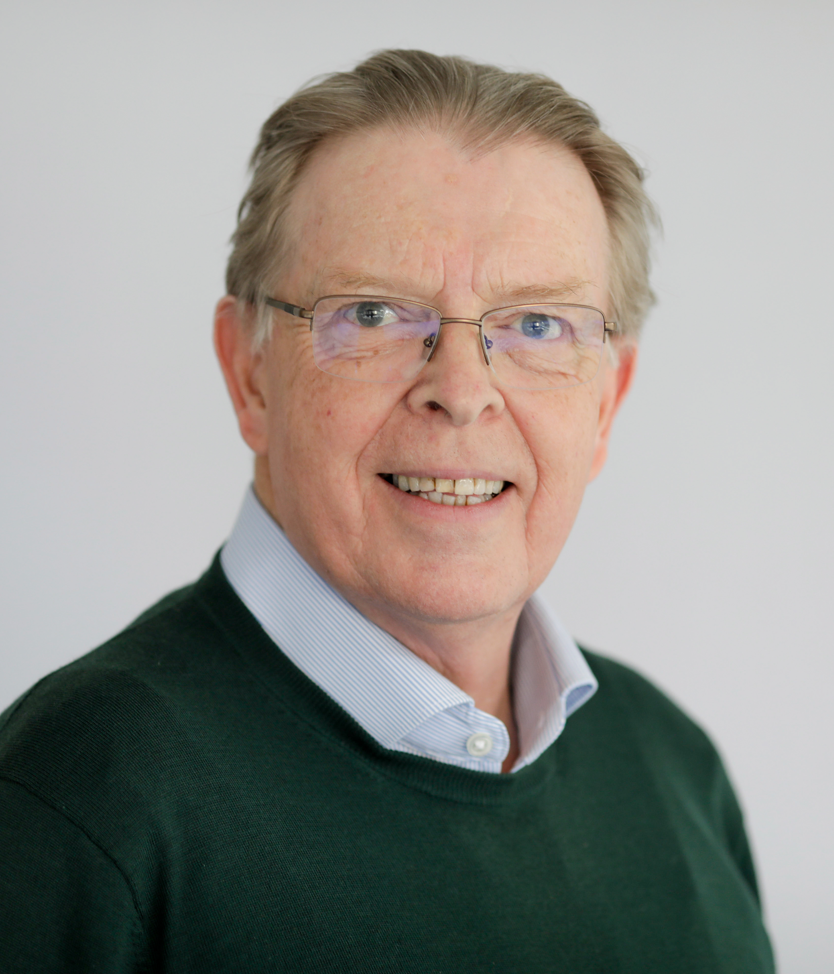
Quentin Pankhurst (Physics & Engineering)
University College London, Healthcare Biomagnetics Lab
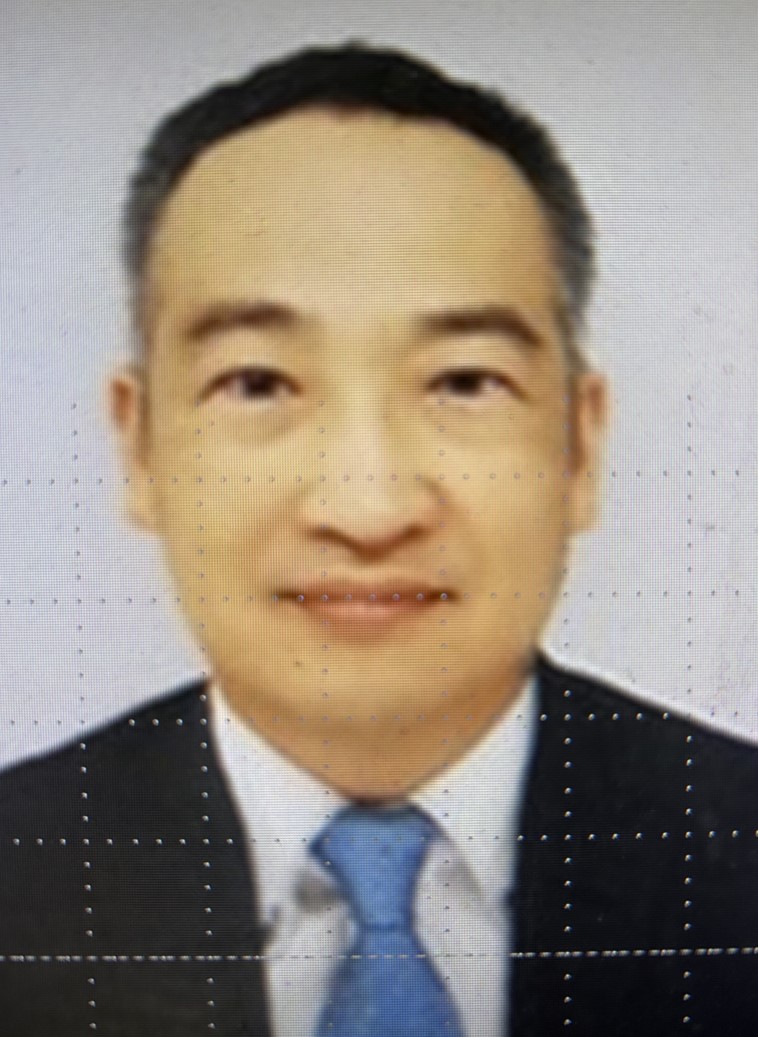
Takayuki Ohguri (Clinical HT)
University Hospital, Kitakyushu
Topic: Clinical results new technology
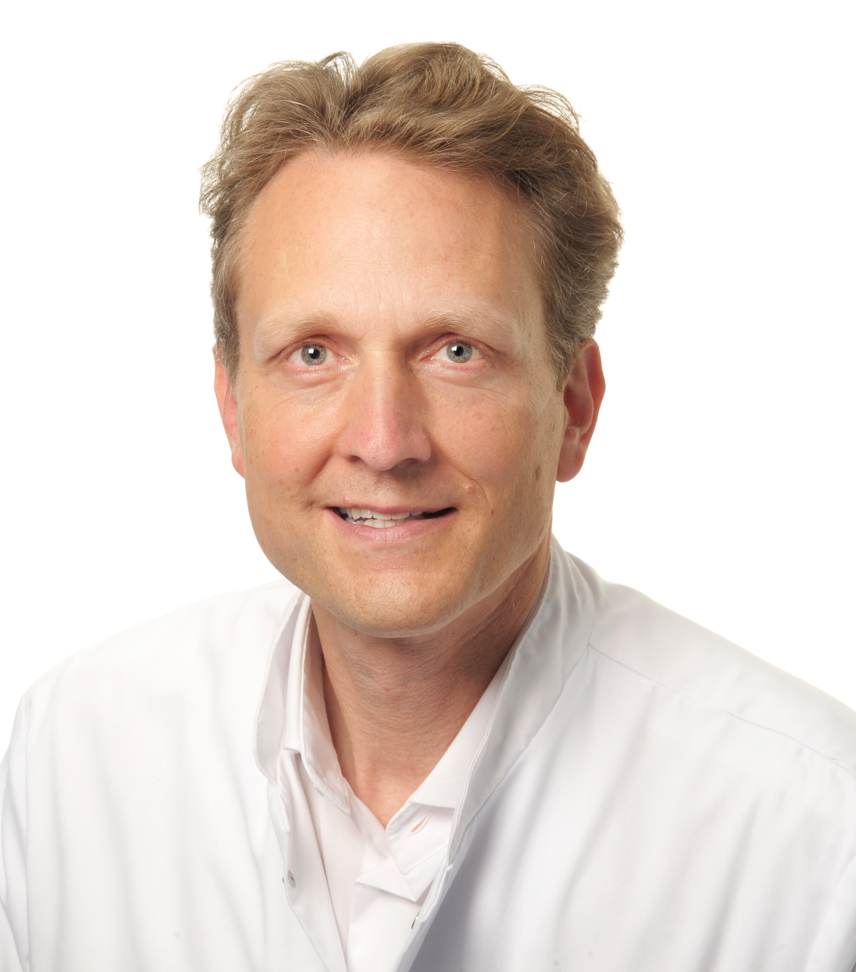
Lars Lindner (Clinical HT)
LMU Munich, Germany

Emanuel Stutz (Clinical HT)
Inselspital Bern, University Hospital
Topic: Standardization and Planning in Clinical Hyperthermia
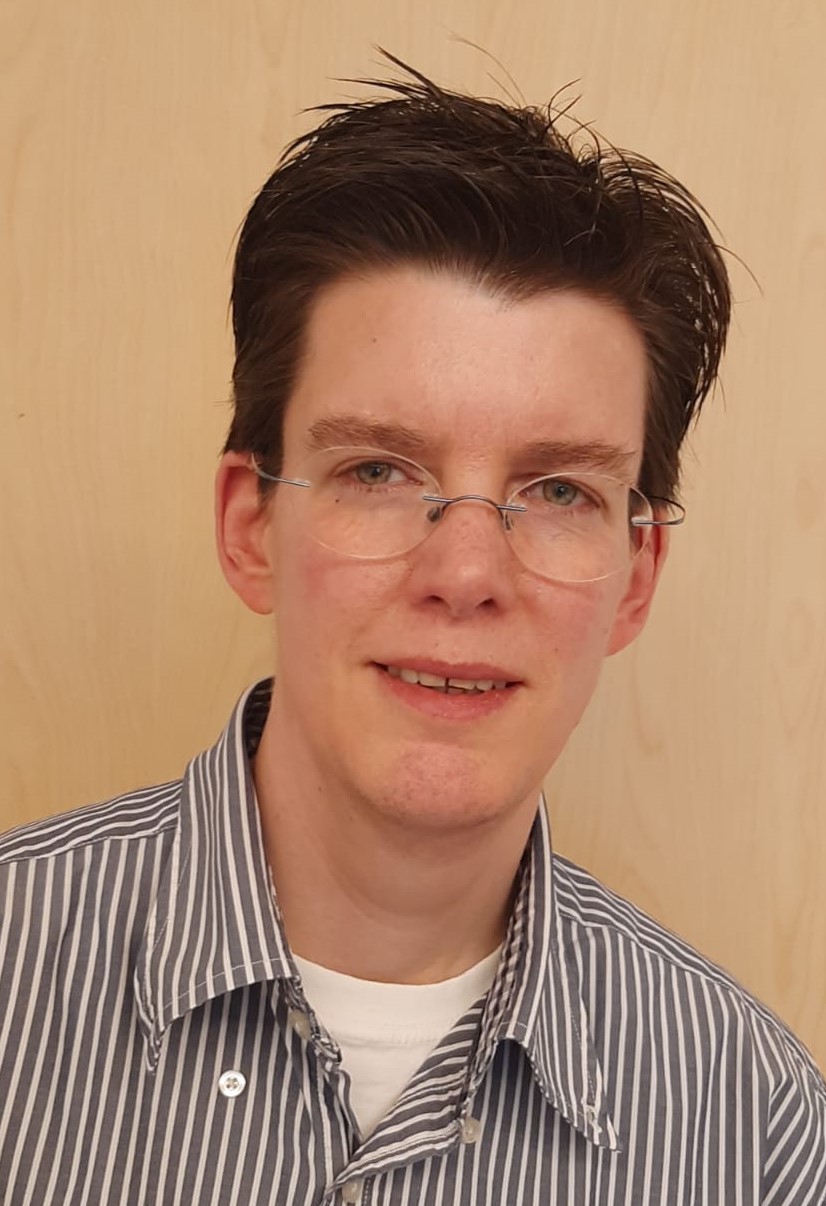
Petra Kok (Physics & Engineering)
Amsterdam UMC, Netherlands
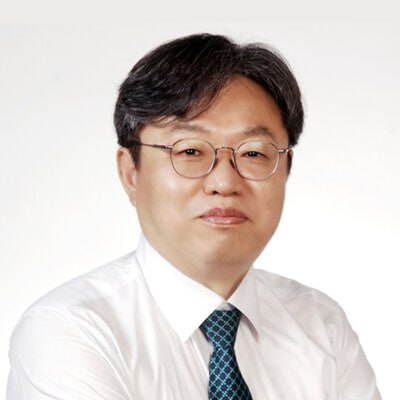
Myonggeun Yoon (Physics & Engineering)
School of Biomedical Engineering, Korea University
Topic: Clinical safety/regulatory
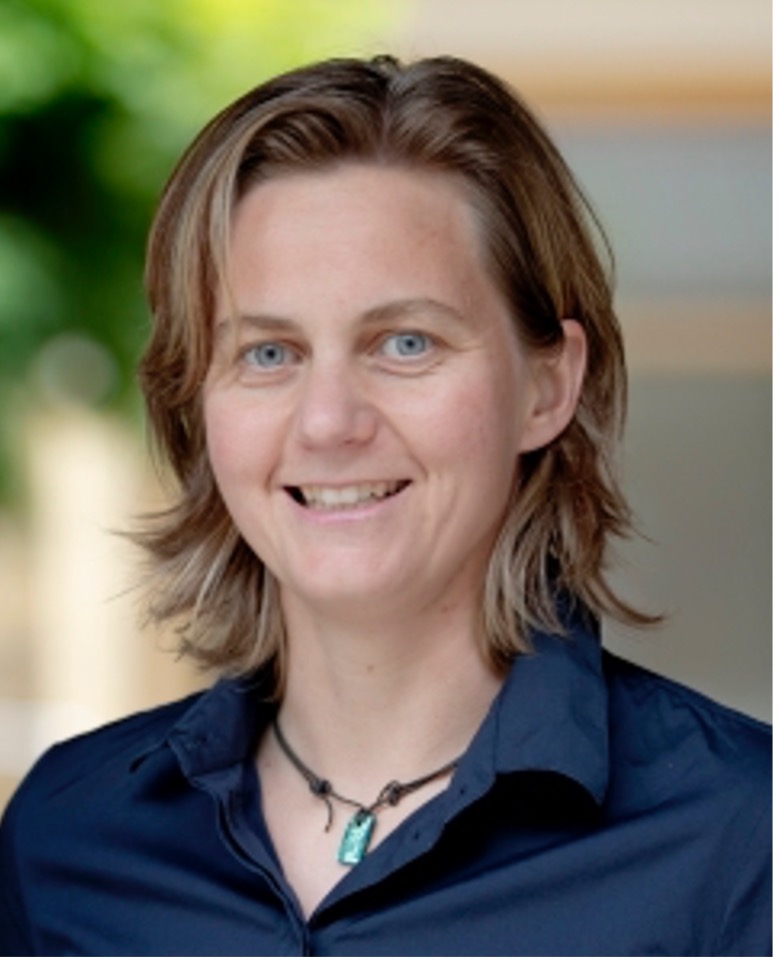
Hana Dobsicek Trefna (Physics & Engineering)
Chalmers University of Technology, Sweden
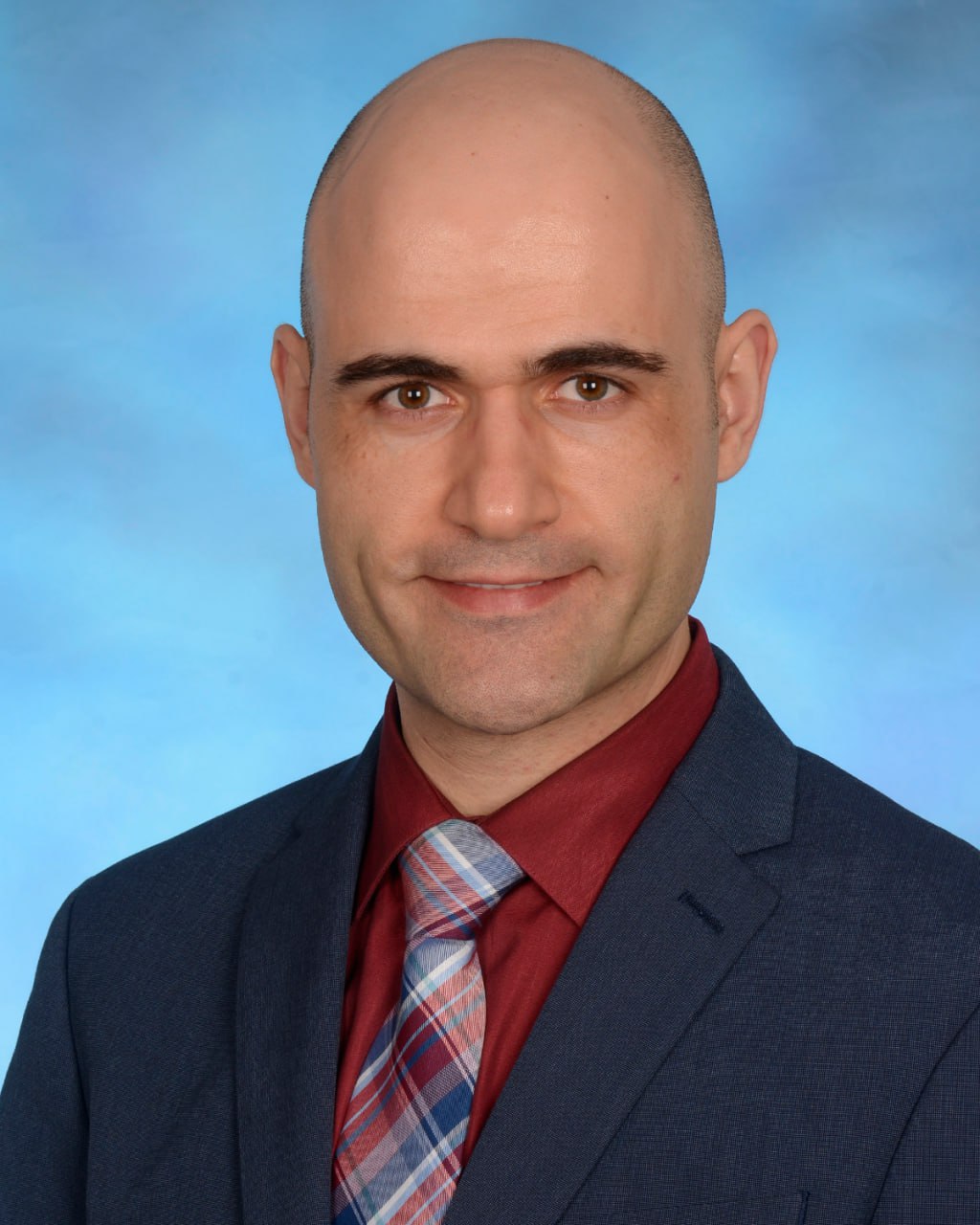
Dario Rodrigues (Physics & Engineering)
University of Maryland, Baltimore
Topic: From Precision Delivery to Immune Modulation in Thermal Medicine
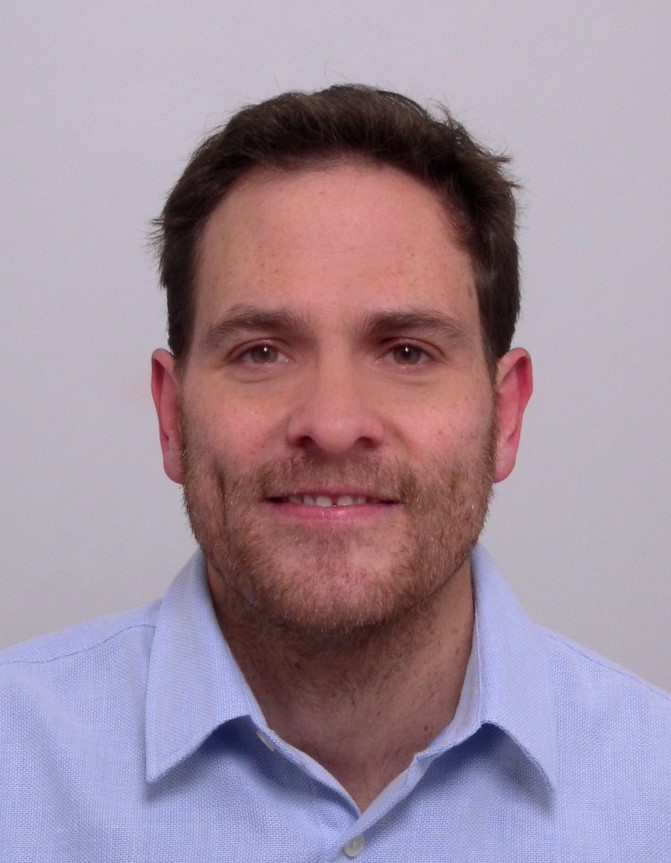
Sergio Curto (Physics & Engineering)
Erasmus MC, Rotterdam, Netherlands
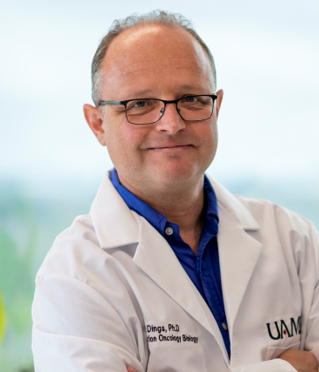
Ruud Dings (Biology & Chemistry)
University of Arkansas

Lars Lindner (Clinical HT)
LMU Munich, Germany
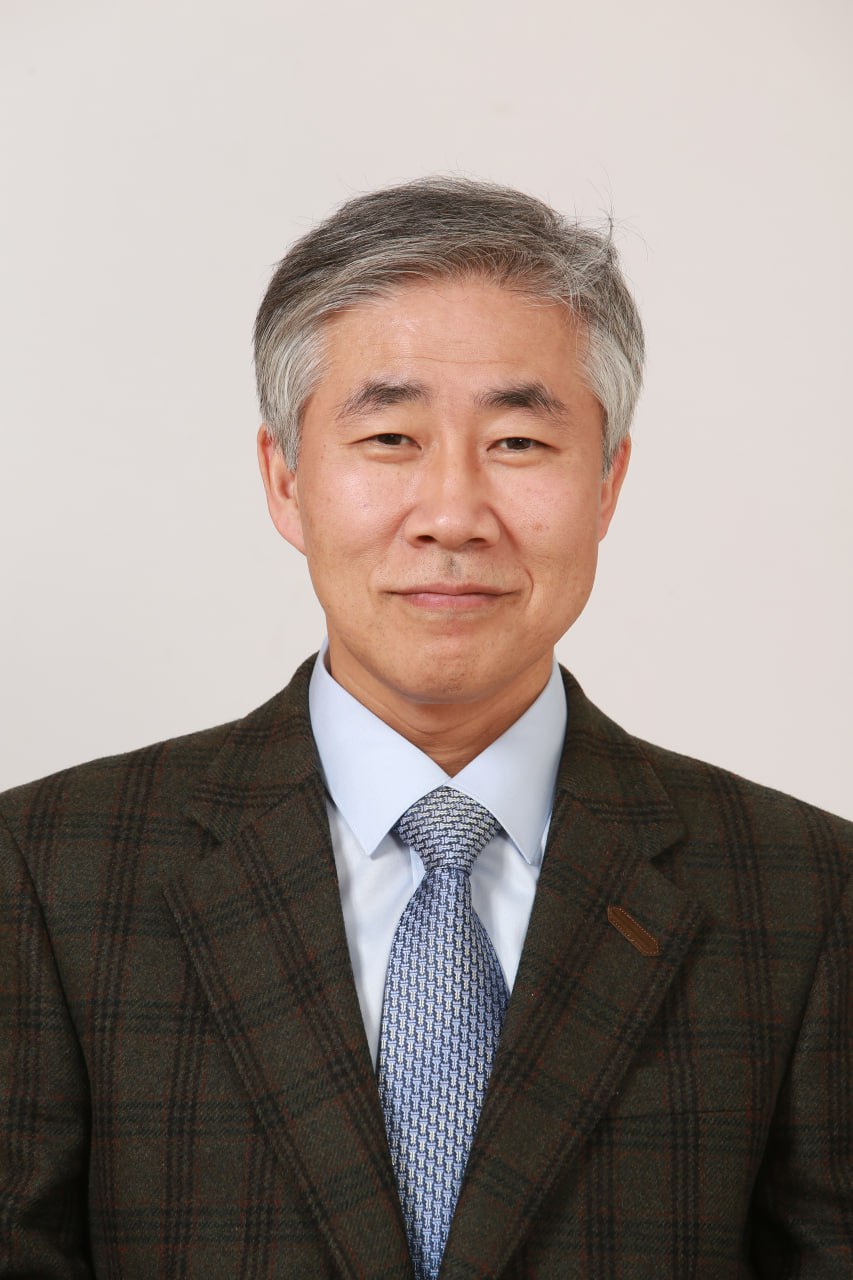
Paek Sun Ha
Seoul National University Hospital
Korea
Sun Ha Paek, M.D. Ph.D.
Professor
Department of Neurosurgery
Seoul National University Hospital
Seoul National University College of Medicine
Subspecialty
Stereotactic functional neurosurgery, Neurooncology,
Gamma knife radiosurgery
Training & Academic Carrier
- 2009 - Professor
- 2004 - 2008 Associate professor
- 2003 - 2004 Research fellow (postDoc) Department of
Neurosurgery
, Thomas Jefferson University, Philadelphia - 2002 - 2003 Research fellow (postDoc), Department of
Neurology,
Cornell University Weill Medical College, NY - 1999 - 2004 Assistant professor, Department of Neurosurgery,
Seoul National University College of Medicine, Seoul, Korea - 1996 - 1999 Instructor, Department of Neurosurgery
Gyeongsang University College of Medicine, Jinju, Korea - 1995 - 1996 Fellowship, Department of Neurosurgery
Seoul National University College of Medicine, Seoul, Korea - 1992 - 1995 Military service (Captain), Department of
Neurosurgery
Jeju Medical Center, Jeju island, Korea - 1988 - 1992 Residency, Department of Neurosurgery
Seoul National University Hospital, Seoul, Korea - 1987 - 1988 Internship
Seoul National University Hospital
Education
- Feb 1999 Ph.D. in Neurosurgery
Seoul Nat’l University College of Medicine - Feb 1992 M.S. in Neurosurgery
Seoul Nat’l University College of Medicine - Feb 1987 M.D.
Seoul Nat’l University College of Medicine
Membership
The Congress of Neurological Surgeons (Active International member)
The Korean Neurosurgical Society
The Korean Brain Tumor Society
The Korean Skull Base Society
The Korean Society of Stereotactic and Functional Neurosurgery
SCI(E) Publications : total 373 publications as of July, 2025
SCI citation number: 14377, H-index: 56

Lars Lindner
LMU Munich
Germany
Brief Biography
Lars Lindner is a medical oncologist having received his training as a medical doctor at the University of Göttingen, Germany, and the Ludwig-Maximilians-Universitaet Munich, Germany. He spent his final year of medical school at the Cornell Medical Center, the Memorial Sloan Kettering Cancer Center and the Mount Sinai Medical College, all New York City, USA, and the Stadtspital Triemli, Zurich, Switzerland. He conducted his Ph.D. studies with Prof. Eibl at the Max Planck Institute for Biophysical Chemistry in Göttingen, Germany, focusing on novel liposomal drug delivery technologies, and spent his Postdoctoral Fellowship at Erasmus Medical Center, Rotterdam, the Netherlands, at the Laboratory of Experimental Surgical Oncology with Prof. Dr. Alexander Eggermont. Today, he is a Professor of internal medicine, hematology, and oncology at the University Hospital of the Ludwig-Maximilians-Universitaet Munich, Germany.
He is managing director of the Sarcoma Center SarKUM, one of Germany’s largest and leading centers dedicated to the diagnosis and treatment of cancer patients with all types of sarcomas, and the hyperthermia treatment center, one of the world’s largest and most renowned centers for regional deep hyperthermia in cancer patients. In addition, he supervises a research group dedicated to basic and applied research on a novel, liposomal drug delivery technologies.He is the inventor of several patents and author/co-author of more than 100 scientific publications and various book chapters, with a strong focus on regional deep hyperthermia as a compassionate use with chemotherapeutic-based oncological treatment regimes, sarcoma as an oncological indication, as well as thermosensitive liposomal drug delivery technologies to enhance drug-based treatment regimes in various solid tumors. He is the co-inventor of parts of Thermosome’s TSL technology and conducted extensive basic research as well as in vitro and in vivo experiments with Thermosome’s TSL technology throughout his academic career.

Ruud Dings
University of Arkansas
USA
Biography
Ruud P.M. Dings is an Associate Professor in the Department of Radiation Oncology at the University of Arkansas for Medical Sciences in Little Rock, Arkansas. He graduated from Maastricht University in The Netherlands with a M.Sc. degree in Biological Health Sciences and a Ph.D. degree specializing in tumor vascular immunology. His postdoctoral studies at the University of Minnesota centered on drug discovery and development targeting the tumor stroma, resulting in one of the lead compounds entering human clinical trials. His major research interest is overcoming the immune suppressive nature of the tumor microenvironment with treatment modalities such as radiotherapy, ¬hyperthermia and experimental therapeutics to improve immunotherapy.
He received the 2012 Informa-Yamamoto editorial award for Biology regarding his publication in the International Journal of Hyperthermia describing the involvement of vessel normalization during tumor thermotolerance, 2 awards from the American Association for Cancer Research (AACR), and has been senior editorial board member for the journal Angiogenesis for over 10 years. He has been an active member of STM since 2014.
Overall, Dr. Dings is an inventor on several patents and has an H-index of 40 resulting from more than 70 publications. His research has been funded by the US National Cancer Institute (NCI), National Institute of General Medical Sciences (NIGMS), and the Department of Defense (DoD).

Dario Rodrigues
University of Maryland, Baltimore
USA
Dr. Dario Rodrigues is an Associate Professor of Radiation Oncology, Lead Hyperthermia Physicist, and Director of the Hyperthermia Therapy Practice School at the University of Maryland School of Medicine (Maryland, USA).
He earned his Ph.D. in Biomedical Engineering through a joint program between NOVA University Lisbon (Portugal) and Duke University (Durham NC, USA), and completed a 4-year residency in clinical hyperthermia physics at Thomas Jefferson University (Philadelphia PA, USA).
As a medical physicist, Dr. Rodrigues specializes in delivering adjuvant hyperthermia therapy in combination with radiotherapy and chemotherapy for cancer patients. He oversees treatment planning, thermal dosimetry, and quality assurance of clinical microwave and radiofrequency (MW/RF) hyperthermia systems.
His research involves the development of novel MW/RF and magnetic nanoparticle-based applicators, hyperthermia treatment planning strategies, and the standardization of scientific, technical, and clinical use of hyperthermia. This includes theoretical modeling, engineering development, and performance evaluation with phantom, animal, and human subjects.
He serves as Councilor for Engineering/Physical Sciences at the Society for Thermal Medicine (STM), Chair of the Thermal Medicine Standards Committee (ASME), and a member of the Technical Committee of the European Society for Hyperthermic Oncology (ESHO).

Ruud Dings
University of Arkansas
USA
Biography
Ruud P.M. Dings is an Associate Professor in the Department of Radiation Oncology at the University of Arkansas for Medical Sciences in Little Rock, Arkansas. He graduated from Maastricht University in The Netherlands with a M.Sc. degree in Biological Health Sciences and a Ph.D. degree specializing in tumor vascular immunology. His postdoctoral studies at the University of Minnesota centered on drug discovery and development targeting the tumor stroma, resulting in one of the lead compounds entering human clinical trials. His major research interest is overcoming the immune suppressive nature of the tumor microenvironment with treatment modalities such as radiotherapy, ¬hyperthermia and experimental therapeutics to improve immunotherapy.
He received the 2012 Informa-Yamamoto editorial award for Biology regarding his publication in the International Journal of Hyperthermia describing the involvement of vessel normalization during tumor thermotolerance, 2 awards from the American Association for Cancer Research (AACR), and has been senior editorial board member for the journal Angiogenesis for over 10 years. He has been an active member of STM since 2014.
Overall, Dr. Dings is an inventor on several patents and has an H-index of 40 resulting from more than 70 publications. His research has been funded by the US National Cancer Institute (NCI), National Institute of General Medical Sciences (NIGMS), and the Department of Defense (DoD).

Myonggeun Yoon
School of Biomedical Engineering, Korea University
Korea
Education
| Dates | Colleges and Universities | Department | Specialized Field | Degree | |
|---|---|---|---|---|---|
| From | To | ||||
| 08/1996 | 12/2001 | Pennsylvania State University | Physics | Solid State Physics | Ph.D |
| 08/1994 | 06/1996 | University of Massachusetts | Physics | Digital Signal Processing | M.S |
| 03/1988 | 08/1992 | Korea University | Physics | N/A | B.S |
Board Certification
Therapeutic Radiological Physics by The American Board of Radiology, June 2010
Professional Experience
| Dates | Institution and Address | Position | |
|---|---|---|---|
| From | To | ||
| 03/2012 ~ | Department of Biomedical Engineering, Korea University | Professor | |
| 03/2011 ~ 02/2012 | Department of Radiological Science, Yonsei University | Associate Professor | |
| 03/2005 ~ 02/2011 | Proton Therapy Center, National Cancer Center, Korea | Medical Physicist | |
| 10/2002 ~ 02/2005 | Korea Basic Science Institute, Korea | Senior Scientist | |
| 01/2002 ~ 10/2002 | System LSI, Samsung Electronics, Suwon, Korea | Principle Investigator | |
Honors and Awards
| Recognition Details | Dates | Remarks |
|---|---|---|
| Young Investigator Award | 2007. 09. 14 | Korean Society of Medical Physicists |
| Best Paper of the Year | 2006. 08. 31 | Korean Society of Medical Physicists |
| Fellowship for Foreign Study | 1994. 07. 23 | Korean Government, |
| Associations | Dates |
|---|---|
| American Association of Physicists in Medicine | Regular Member (2005 ~ ) |
| American Association for Cancer Research | Regular Member (2015 ~ ) |
| The European Society for Radiotherapy and Oncology | Regular Member (2005 ~ ) |
| Korean Society of Medical Physics | Regular Member (2005 ~ ) |
| The Korean Physical Society | Regular Member (2001 ~ ) |

Sergio Curto
Erasmus MC, Rotterdam
Netherlands
Background
I am an Assistant Professor and Group leader Hyperthermia Research at the Radiotherapy Department of the Erasmus MC (Rotterdam, The Netherlands). I am involved in patient treatment activities, which include treatment preparation and assessment, establishment of magnetic resonance (MR)-guided deep hyperthermia procedures and hyperthermia systems quality assurance. My research focuses on novel technology for improved cancer treatment using electromagnetic energy, which spans various research phases, from early innovations, development, validation to clinical implementation. My areas of research include magnetic resonance (MR)-guided hyperthermia, quality assurance, treatment planning and enhanced thermo-sensitive drug delivery.
Current affiliation
Radiotherapy Department of the Erasmus MC, Rotterdam, The Netherlands.
Publications
Pure Erasmus MC (https://pure.eur.nl/en/persons/sergio-curto-ramos)
Professional experience
| Position | Period | Institution |
|---|---|---|
| Assistant Professor and Group leader Hyperthermia therapy research | 01/07/2021 to present | Hyperthermia therapy research Radiotherapy, Erasmus MC Cancer Institute, University Medical Center Rotterdam, Rotterdam, NL |
| Marie Skłodowska-Curie Action Individual Fellow | 01/07/2019 to 30/06/2021 | Radiotherapy, Erasmus MC Cancer Institute, University Medical Center Rotterdam, Rotterdam, NL |
| Senior Scientific Researcher | 16/07/2016 to 30/06/2019 | Radiotherapy, Erasmus MC Cancer Institute, University Medical Center Rotterdam, Rotterdam, NL |
| Post-doc | 01/03/2014 to 30/06/2016 | Electrical and Computer Engineering Department, Kansas State University, Manhattan, Kansas, USA |
| Electrical Radiofrequency Engineer | 01/09/2010 to 28/02/2014 | TRYO Aerospace, Arganda del Rey, Madrid, Spain |
| PhD candidate | 01/09/2006 to 01/06/2010 | TU Dublin, Dublin, Ireland |
Education
- • 2010 PhD: Antenna development for radio frequency hyperthermia applications, Technological University Dublin (TU Dublin), Dublin, Ireland
- • 2005 Bachelor of Engineering in Computer Engineering, TU Dublin, Dublin, Ireland, First class honours degree
- • 2005 Degree in Technical Telecommunications Engineering, University of Alcala, Alcala de Henares, Madrid, Spain
Other Positions
Chair of the Hyperthermia Focus Group within the European Society of Radiation Oncology (ESTRO)
Selected grants
- • (2024) Thermoradiotherapy for locally Advanced head and Neck Cancer patients- a phase I dose finding study (TANCA-I).
- • (2023) Development of personalized MR-guided thermo-chemotherapy for breast conserving surgery (CARES)
- • (2023) Electromagnetic sensing, video control and metamodelling in thermotherapy of advanced H&N cancers (SENS-THERM)
- • (2023) Postoperative Re-irradiation with or without Hyperthermia:Toxicity, quality of life and survival in patients with locoregional recurrent breast cancer (RT-HYPE)
- • (2023) Electromagnetic sensing, video control and metamodelling in thermotherapy of advanced H&N cancers (SENS-THERM)
- • (2022) Multi-coil magnetic resonance guided hyperthermia for precision treatment of advanced head and neck carcinoma
- • (2021) Hyperthermia boosting the effect of Radiotherapy (HYPERBOOST)
- • (2020) Learning-based Control in MR-guided Hyperthermia for 3D Adaptive Cancer Therapy (Learn-2-Act)

Petra Kok
Amsterdam UMC
Netherlands
Petra Kok received her MSc in Computational Science from Utrecht University in 2002. She started her professional career as a PhD student at the department of Radiation Oncology of the Academic Medical Center in Amsterdam (AMC; currently Amsterdam UMC) and received her PhD degree in 2007 (PhD thesis “Treatment planning for locoregional and intraluminal hyperthermia”).,
After that, she continued her research in the field of hyperthermia as a postdoc and she is presently a principal investigator and appointed as an associate professor at Amsterdam UMC. She leads several multidisciplinary research projects and has a main focus on hyperthermia treatment planning for various heating techniques, including loco-regional, superficial, capacitive heating and HIPEC for clinical application, as well as small scale phased-array heating for preclinical research. Another important research topic is biological modeling to translate radiosensitization by hyperthermia into an equivalent radiation dose.
The versatile and flexible hyperthermia treatment planning software developed, Plan2Heat, has been commercialized by Med-Logix Srl, Rome, Italy. Biological modeling research has led to a collaboration with RaySearch Laboratories, and a recently implemented framework for combined treatment optimization in a research version of RayStation.
She has more than 100 peer reviewed publications in PubMed.
H-index google scholar; July 2025: 41.
H-index web of science; July 2025: 33.
Full list of publications: https://scholar.google.com/citations?user=Cu5bAJ8AAAAJ&hl=nl

Emanuel Stutz
Inselspital Bern, University Hospital
Switzerland
Biography
Dr. Emanuel Stutz is Head of the Hyperthermia Unit and Consultant in the Department of Radiation Oncology at the University Hospital Inselspital Bern, Switzerland. He established the hospital’s superficial and deep hyperthermia program, which has treated approximately 250 patients—each in combination with radiotherapy—since its clinical launch three years ago. Actively engaged in both patient care and the clinical application of superficial and deep hyperthermia, Dr. Stutz is also the principal investigator of a national, multicenter Phase II trial funded by the Swiss National Science Foundation. This study evaluates a multimodal, total neoadjuvant treatment for Sarculator-defined high-risk soft tissue sarcoma, combining chemotherapy and hyperthermia, followed by radiotherapy and surgery. His clinical and research interests focus on sarcomas, bulky tumors, and the identification of predictive factors for hyperthermia response. He serves on the boards of the Swiss Hyperthermia Network (SHN) and the European Society of Hyperthermic Oncology (ESHO), and is a member of the Hyperthermia Focus Group within the European Society for Radiotherapy and Oncology (ESTRO).

Hana Dobsicek Trefna
Chalmers University of Technology
Sweden
Biography
Professor in Biomedical Engineering with a focus on biomedical applications of electromagnetic fields. My research is dedicated to the engineering and development of microwave hyperthermia systems, including technology for focalized heating of tumours in difficult-to-treat regions such as the brain and head and neck, as well as the application of microwaves in medical diagnostics and treatment. I currently serve as Chair of the Technical Committee of the European Society for Hyperthermic Oncology, where I lead the development of standards for hyperthermia devices, including their testing protocols and clinical implementation.

Quentin Pankhurst
University College London, Healthcare Biomagnetics Lab
UK
Quentin Pankhurst (QP) is Professor of Physics and Director of Healthcare Biomagnetics Laboratory at University College London – one of the top universities in the UK, and consistently rated one of the top 20 higher education institutions in the world.
QP has published more than 250 papers in peer-refereed international journals, with 21,500+ citations to date and an h-index of 52.
QP is a co-founder of three spinout companies: Endomagnetics Ltd in 2007; Resonant Circuits Limited in 2009; and MediSieve Ltd in 2014.
- • Endomagnetics received a Queen’s Award for Enterprise in 2018; a Queen’s Award for International Trade in 2021, and a King’s Award for International Trade in 2024; has ca. 150 employees; and has brought cancer treatment interventions to more than 800,000 patients to date. In 2024 it was acquired by Hologic Therapeutics Inc. for ca. $310M.
-
• Resonant Circuits Limited has just completed a clinical trial in Barcelona, evaluating magnetic thermotherapy as an adjunctive intervention alongside standard-of-care chemotherapy to the treatment of pancreatic cancer patients with non-resectable locally-advanced tumours.
-
• In 2020 MediSieve received a £2.2M UK Government grant to adapt its cytokine-cleansing haemofiltration technology to the battle against Covid-19 and successfully completed initial clinical investigations on healthy volunteers in 2022. To date his companies have generated 200+ FTE new jobs in the UK, Europe, and the USA.
QP was born and raised in New Zealand and has lived in England since 1983. He is married and has two daughters.

Takayuki Ohguri
University Hospital, Kitakyushu
Japan
PROFFESIONAL EXPERIENCES
- 2023- Clinical Professor, Department Chair of Therapeutic Radiology, University Hospital of Occupational and Environmental Health.
- 2017-2022 Associate Professor, Department Chair of Therapeutic Radiology, University Hospital of Occupational and Environmental Health, Kitakyushu.
- 2016 Department of Radiology, University Hospital of Occupational and Environmental Health.
- 1997-1999 Resident, University Hospital of Occupational and Environmental Health
EDUCATION
- 2003 Graduate school at University of Occupational and Environmental Health, Department of Pathology and Oncology
- 1991 Medical school, University of Occupational and Environmental Health
MEMBERSHIPS
Editorial board of International Journal of Hyperthermia
Member of the Japanese Society for Thermal Medicine
Member of the Japanese Society of Radiation Oncology
HONORS and AWARDS
Japanese Society for Thermal Medicine (JSTM), Society Award 2020
Int. J. Hyperthermia, Informa-Yamamoto Editorial Award 2011
MAJOR RESEARCH INTERESTS
Hyperthermic Oncology, especially for deep regional hyperthermia, and Radiation Oncology
especially for Re-irradiation, IMRT, Stereotactic Radiotherapy and Oligometastases.

Ashish Ranjan
UT SouthwesternT
USA
Dr. Ashish Ranjan is an Endowed Professor and Vice Chair of Comparative Oncology & Research Innovations, and Director of the Veterinary Research & Oncology Center (VROC) within the Department of Radiation Oncology at UT Southwestern Medical Center. Prior to joining UTSW, he held the Kerr Foundation Endowed Chair at the College of Veterinary Medicine, Oklahoma State University, where he also directed the INTERACT program.
Dr. Ranjan’s laboratory is internationally recognized for advancing device–drug combination strategies in comparative oncology, with translational studies spanning murine models and companion animals with naturally occurring cancers. At UTSW, he is leading the development of a cross-species clinical trial platform that embodies the One Medicine/One Health paradigm.
His research portfolio focuses on integrating focused ultrasound with nanomedicine to reprogram the tumor microenvironment in treatment-resistant cancers such as melanoma, soft tissue sarcoma, and metastatic disease. His lab is supported by federal, state, and private foundation funding and maintains active collaborations with both academic and industry partners.
A veterinarian by training with deep expertise in translational oncology, Dr. Ranjan is committed to bridging animal and human health through innovative cancer therapies. He is the recipient of numerous honors, including the NIH MERIT Award, and serves on advisory boards for several research foundations.
Annex B1 222 Banpo Road (Catholic University Seoul St. Mary's Hospital), Seocho-gu Seoul, Korea
Business License : 204-82-81052 Representative : Choi Il Bong
Tel : 82 2-2258-6849 E-mail : kstmwebmaster@gmail.com
Copyright© Korean Society for Thermal Medicine. All Rights Reserved.



